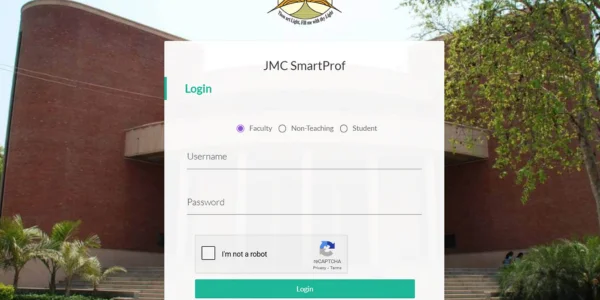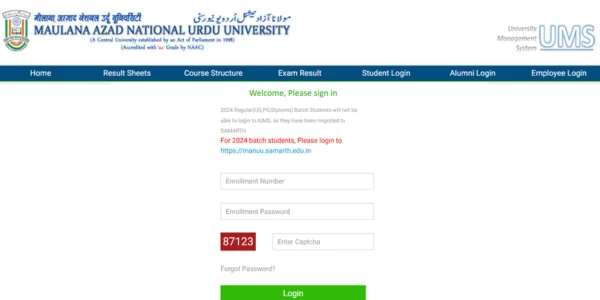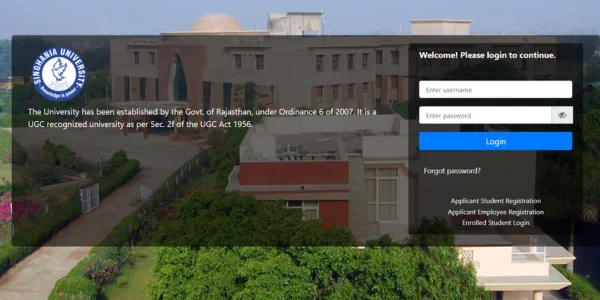The full form of DLL is Diploma in Labour Laws. This specialized diploma program focuses on providing students with comprehensive knowledge of labor laws and practices, equipping them to handle legal and welfare aspects related to labor and employment.
Course Structure and Duration
The Diploma in Labour Laws is typically a one-year program. The curriculum is designed to cover a wide range of topics, including labor laws, industrial relations, employment contracts, wage and salary administration, social security, labor welfare measures, occupational health and safety, and dispute resolution in the workplace. Students learn about the legal framework governing labor relations, rights and obligations of employers and employees, and the various policies and practices aimed at ensuring fair and safe working conditions.
Eligibility Criteria
To be eligible for the DLL program, candidates must have completed a Bachelor’s degree in any faculty or stream from a recognized university. This makes the program accessible to graduates from diverse academic backgrounds who are interested in specializing in labor laws and welfare.
Subjects and Curriculum
The DLL curriculum encompasses various subjects aimed at providing a comprehensive understanding of labor laws and welfare. Key subjects include:
- Law Relating to Labour Management Relations: This includes the Trade Union Act, 1926, the Industrial Employment (Standing) Orders Act, 1946, the Bombay Industrial Relations Act, 1946, the Industrial Disputes Act, 1947, and the Prevention of Unfair Labour Practices Act, 1971.
- Social Security Legislation: The syllabus includes the Workmen’s Compensation Act, 1923, the Employees State Insurance Act, 1948, the Employees Provident Funds and Miscellaneous Provisions Act, 1952, the Bombay Labour Welfare Fund Act, 1953, the Maternity Benefit Act, 1961, and the Payment of Gratuity Act, 1972.
- Principles of Wage Fixation and Law of Wages: This paper covers the Principles of fixation of Wage and Bonus and the relevant statutes such as the Payment of Wages Act, 1936, the Minimum Wages Act, 1948, the Payment of Bonus Act, 1965, and the Equal Remuneration Act, 1976.
- Legislation Affecting Conditions of Work: This paper deals with legislative measures adopted to ensure proper healthy conditions of work and includes the Factories Act, 1948, the Bombay Shops and Establishment Act, 1948, Mines Act, 1952, Motor Transport Workers Act, 1961, the Contract Labour Act, 1970, Child Labour (Prohibition and Regulation) Act, 1986, and Bonded Labour System (Abolition) Act, 1976.
- Practical Training: This includes fieldwork and study tour reports and viva-voce. Visits include factory/industry, Labour/Industrial Court, and the offices of various labor departments of the governments, such as the Office of Labour Commissioner, Office of Director, Safety and Health, and Office of the Regional Commissioner of Provident Fund. Visit to Trade Union Office or Labour Welfare Centre also are part of the visits.
Career Opportunities
Graduates of the DLL program can pursue various career paths in the field of labor laws and welfare, including:
- Legal Advisor: Providing legal counsel on labor-related matters to organizations and individuals.
- Labour Officer: Overseeing compliance with labor laws and regulations within companies or government agencies.
- Human Resource Manager: Managing employee relations, benefits, and compliance with labor laws.
- Industrial Relations Specialist: Facilitating negotiations between management and labor unions, and resolving workplace disputes.
The program also serves as a foundation for further studies in law or related fields.
Conclusion
The Diploma in Labour Laws is a specialized program that provides in-depth knowledge of labor laws and welfare practices. With a curriculum that combines theoretical learning and practical exposure, it prepares graduates for various roles in legal advisory, human resources, and industrial relations, contributing to fair and safe working conditions in diverse organizational settings.




